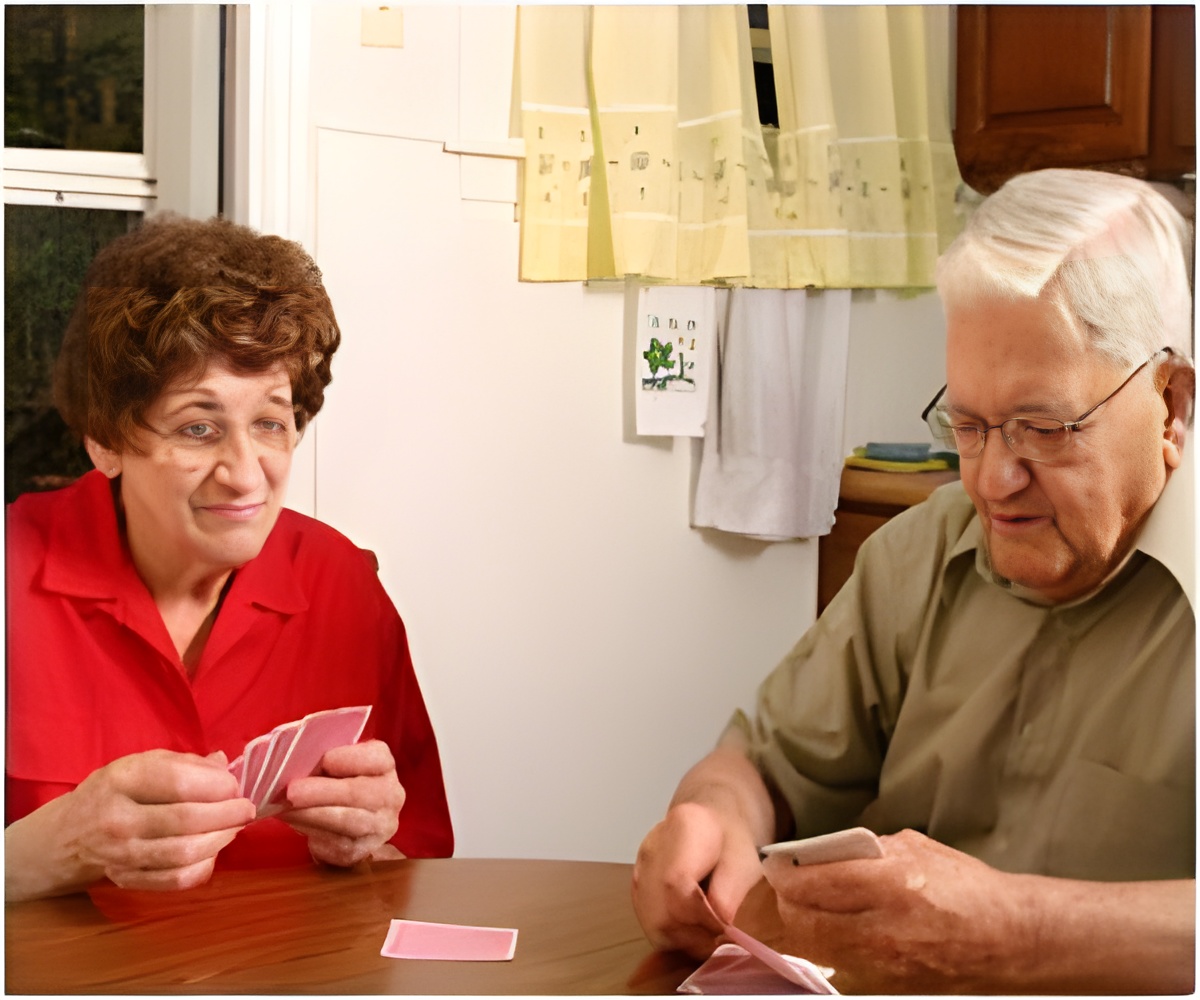
‘Remaining inactive for two weeks brings about a decline in muscle mass, metabolic health and functional capacity.’
Tweet it Now
The research, conducted by the University of Udine in conjunction with the University of Padova, involved studying the impact of complete inactivity in a group of elderly subjects that were bedridden in a hospital environment for 2 weeks, and their results were compared with young subjects. In the elderly subjects, there was a difference in single muscle fiber response to disuse, a more pronounced loss of muscle mass and a change in how muscle contraction is controlled by the nervous system compared to young individuals. Furthermore, the recovery phase was more difficult in the elderly group.
Carlo Reggiani, the lead investigator on the project commented on the findings: "While clinical and epidemiological data on inactivity in the elderly are abundant, experiments on disuse and inactivity are seldom performed in elderly for several reasons. The results obtained are relevant not only to understand the inactivity-dependent enhancement of the decline (in muscle mass, metabolic health, and functional capacity) but also to design new rehabilitation protocols where timing and intensity of the sessions are optimized."
It is important to note that the study was carried out on healthy elderly subjects however the loss may be greater and the recovery more difficult in patients with diseases.
The researchers plan to follow-up the study by investigating the impairment of neural motor control on skeletal muscles, as an altered motor control was suggested when measuring the electrical activity of the muscles.
Advertisement














